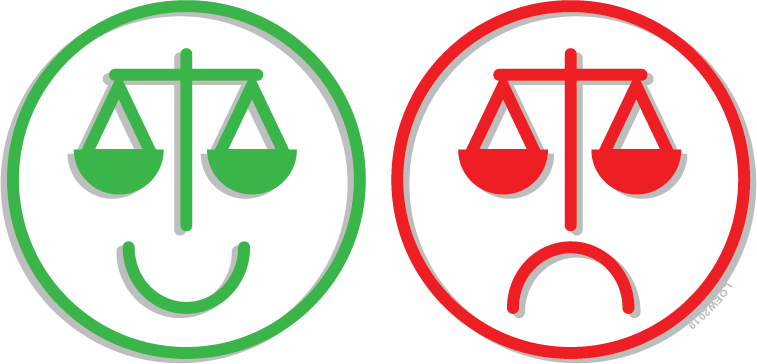USC should require ethics education for all students

BuzzFeed News published a thorough investigation earlier this month into 48 individual accounts of sexual assault perpetrated by a USC men’s health doctor. The rigorous report follows two years of high-profile scandals at the University, notably including its complicity in admission bribery schemes and inaction toward complaints of sexual assault committed by a former campus gynecologist, a scandal that arose in May 2018.
The University must learn from these moral failings, and its students should be no exception. Despite providing top-notch courses from renowned faculty, the University does not require ethics education. If USC wants to create considerate future leaders and professionals who have the capacity to avoid the mistakes of current University officials, it must prioritize ethics education across all schools.
In 1993, USC adopted a mission statement promoting “the integration of liberal and professional learning” as “one of USC’s special strengths,” accomplished by a “love of truth” and “moral discernment.” Somewhere buried in the meaning of this prose, but stated nowhere, is the nebulous definition of ethics: using one’s position as an agent to make thoughtful choices. This loose framework is familiar to most, but becomes lost over time as students focus on graded content.
And despite the statement’s ambition, USC has no general education requirement for the study of ethics. Three of the 10 university-wide GE categories mention ethics as an aspect of the requirement, but instead place a greater focus on other (albeit important) themes.
The same goes for individual department requirements, namely from the Marshall School of Business and the Viterbi School of Engineering, which feature no ethics requirements for students. Alternatively, students are more likely to encounter ethics discussions through their required writing courses.
Recent WRIT 340 syllabi for students from Marshall and Viterbi include assignments like an ethics paper, giving students the chance to investigate salient questions in their profession beyond bare business.
Still, in the midst of ethics crises at the University, the highest forms of government and abroad, writing one paper about ethics is likely insufficient in preparing students to grapple with increasingly tumultuous issues.
Despite the trend of college education placing a greater value on job training than critical reasoning in recent years, some of USC’s peer institutions mandate courses in ethics. Stanford University, for example, requires an Ethical Reasoning class in its core curriculum, ensuring students engage in ethics issues inside and outside of their major.
Students have shown that this curriculum is in demand through popular clubs on campus that deal with ethics and morality.
Los Angeles Community Impact and 180 Degrees Consulting, for example, apply useful business and consulting skills to improve the operation of nonprofits and social enterprises in USC’s backyard, enabling students to see and feel the change they can instill.
In Viterbi, 3D Printing 4 Everyone and Code the Change are clubs that gear their work toward social impact, the former operating a project called Project Freehand which 3D prints prosthetic limbs for children in need of them.
These issues are highly applicable in the real world — in April, thousands of Google employees protested the company’s deal with the Pentagon to use their artificial intelligence software to improve military drone strikes. A strong sense of ethics empowers professionals to understand that, just as decisions by university executives can irreparably harm those they represent, a group of software engineers can successfully discourage company executives from a multi-billion dollar contract. These issues, and those who feel emboldened enough to tackle them, are far from abstract.
As USC looks to build a brighter future at the onset of President Carol Folt’s tenure, it must continue to aspire toward “the full integration of liberal and professional learning,” pivoting toward long-term, structural changes to create considerate leaders for tomorrow.
Empowering students to make decisions responsibly and deliberately through ethics education is a necessary next step if the University wants to make an example of — and, if it’s lucky enough, rectify — its present situation.

